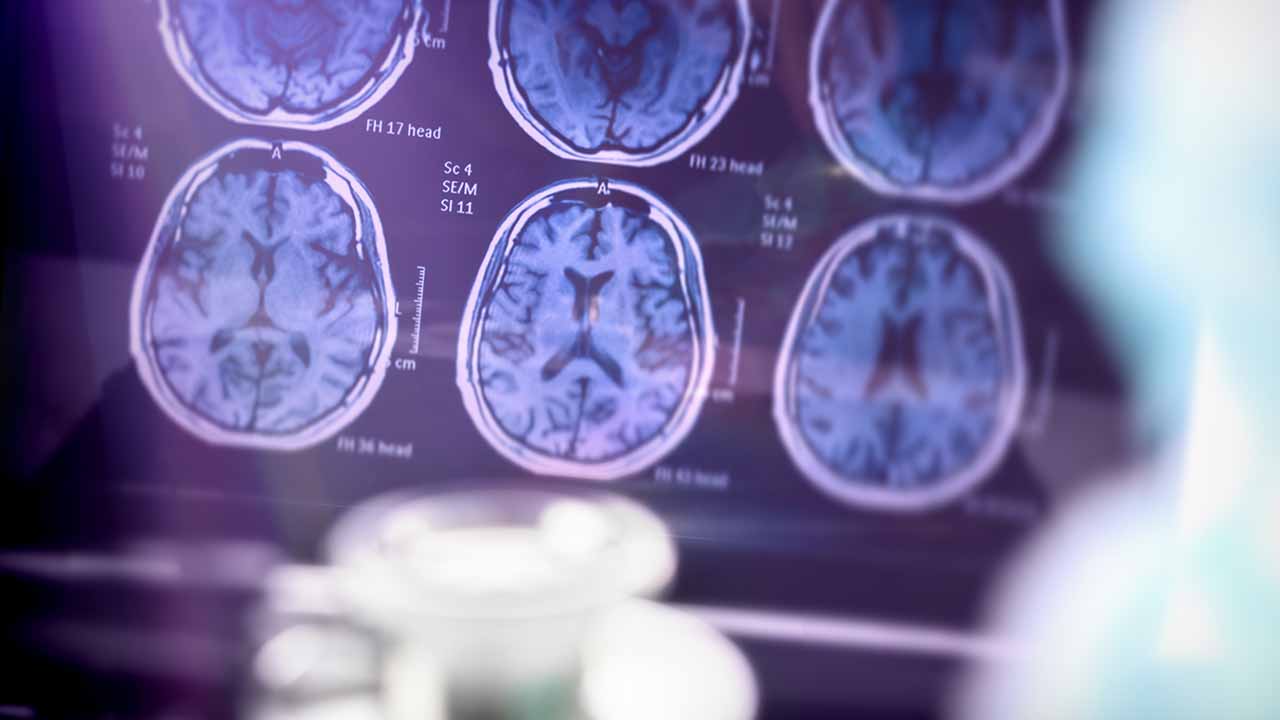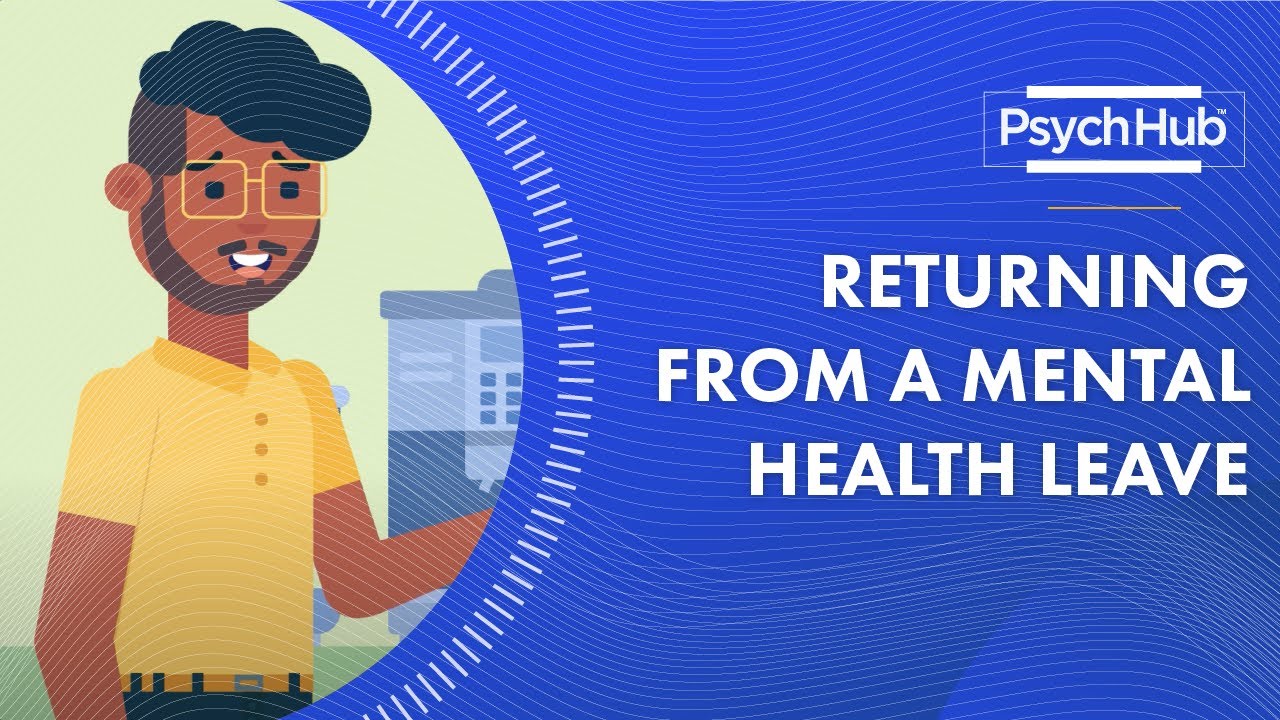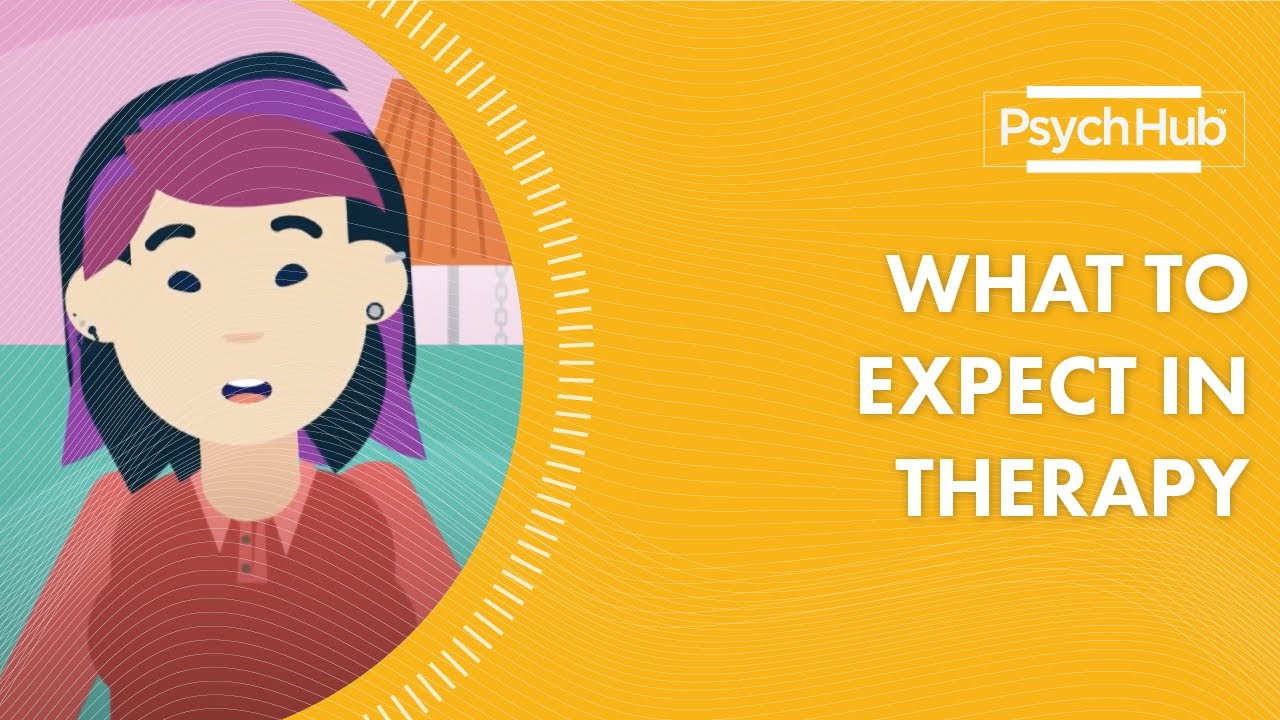Have you ever felt overwhelmed by the constant demands of life or struggled to find balance amidst your daily routines? It’s a common experience. Fortunately, mindfulness offers a path to ease stress and enhance your well-being.

Mindfulness Benefits: Enhancing Well-Being and Reducing Depression
Understanding Mindfulness
Mindfulness involves paying attention to the present moment without judgment. It’s about becoming aware of your thoughts, feelings, and sensations as they arise. The practice encourages you to accept these experiences without trying to change them or react impulsively. This gentle approach to self-awareness can significantly improve your mental and emotional well-being.
Regular Mindfulness Practice: Enhancing Well-Being
Regular mindfulness practice holds the potential to enrich your overall well-being. By committing to mindfulness, you can create a more balanced life. This practice can help you manage stress more effectively, enjoy deeper connections with others, and foster a more positive outlook on life.
Research indicates that mindfulness can have multiple benefits, including:
- Reduced Stress: By focusing on the present moment, you can let go of worries about the past or future, decreasing your stress levels.
- Enhanced Emotional Regulation: Mindfulness helps you recognize and manage your emotions better, leading to improved mental health.
- Improved Concentration: Regular practice can enhance your ability to focus and sustain attention on tasks.
Decreasing Depression and Anxiety
Depression and anxiety are widespread issues that can affect every aspect of your life. Mindfulness offers a powerful tool to tackle these challenges. By practising mindfulness regularly, you can reduce symptoms of depression and anxiety and foster a more resilient mindset.
Boosting Motivation for Healthier Habits
Mindfulness doesn’t just impact your mental health. It also encourages healthier lifestyle choices. By becoming more aware of your body’s needs and signals, you can be more motivated to engage in beneficial habits such as:
- Exercise: Mindfulness helps you listen to your body, promoting regular physical activity.
- Diet: Mindful eating encourages you to pay attention to what and how much you’re consuming, leading to healthier food choices.
- Sleep: Practising mindfulness can improve the quality of your sleep by helping you relax and unwind before bedtime.
Study Details: Evidence from Bath and Southampton Universities
Research Insights
A study conducted by the Universities of Bath and Southampton has shed light on the significant mental health benefits of daily mindfulness. The researchers found that incorporating mindfulness into your routine can lead to substantial improvements in your mental well-being.
Methodology
The study involved participants committing to a month-long regimen of mindfulness practices. These included:
- Relaxation Exercises: Techniques to help you unwind and let go of tension.
- Intention-Setting: Starting your day with a clear purpose and focus.
- Body Scans: Becoming aware of physical sensations from head to toe.
- Breath-Focused Attention: Concentrating on your breathing to center your mind.
- Self-Reflection: Taking time to reflect on your thoughts and emotions.
Results of the Study
The results of the study were quite promising. Participants experienced:
- 19.2% Decrease in Depression: After a month of daily mindfulness practice, participants reported significantly reduced symptoms of depression.
- 12.6% Drop in Anxiety: There was a noticeable decrease in anxiety levels among participants.
- 6.9% Improvement in Well-Being: Overall, participants felt better mentally and emotionally.
- Maintained Positive Effects: Even 30 days after the study concluded, participants continued to benefit from the positive effects of mindfulness.
Required Time: Just 10 Minutes a Day
One of the most encouraging findings is that just 10 minutes of mindfulness practice each day can yield positive outcomes. This manageable time commitment makes it easier to integrate mindfulness into your daily life, even with a busy schedule.
Making Mindfulness a Routine
Creating a Mindfulness Routine
Incorporating mindfulness into your daily routine may seem daunting at first, but it can be quite simple. Here are some steps to get started:
- Choose a Quiet Space: Find a comfortable, quiet place where you won’t be disturbed.
- Set a Timer: Begin with just 10 minutes per day and gradually increase the duration as you become more comfortable.
- Focus on Your Breath: Pay attention to your breathing, observing each inhale and exhale without trying to change it.
- Observe Without Judgment: Notice any thoughts or feelings that arise, but avoid judging them. Just let them come and go.
Free Mindfulness Apps: Tools to Aid Your Practice
Medito: A Free Resource
Several free mindfulness apps are available to support your practice. One such app is Medito, which offers guided meditations, breathing exercises, and more. These resources can be invaluable as you develop your mindfulness routine.
The Importance of Community Impact
Spreading Mindfulness for Better Mental Health
The study underscores the importance of incorporating mindfulness into daily life not just for personal benefits but also for community well-being. By embracing mindfulness, you contribute to a healthier, more resilient community. This collective commitment to mental wellness can foster a supportive environment where everyone can thrive.
Practical Tips for Integrating Mindfulness into Your Life
Mindful Morning Routine
Start your day with mindfulness:
- Morning Intention: Set a positive intention for your day.
- Deep Breathing: Spend a few minutes focusing on your breath.
- Gratitude Journal: Write down a few things you’re grateful for.
Mindful Eating
Transform your meals into mindful practices:
- Eat Slowly: Savor each bite, paying attention to flavors and textures.
- Focus on Your Food: Avoid distractions like TV or smartphones while eating.
- Appreciate Your Meal: Take a moment to appreciate the effort that went into preparing your food.
Mindful Movement
Incorporate mindfulness into your physical activities:
- Walking Meditation: Pay attention to the sensations of walking, your surroundings, and your breath.
- Yoga and Stretching: Combine mindfulness with physical movement.
- Exercise with Awareness: Focus on the physical sensations and movements during your workout.
Mindful Rest and Relaxation
Wind down your day with mindfulness:
- Evening Reflection: Spend a few minutes reflecting on your day and acknowledging your feelings.
- Body Scan: Perform a body scan to release any residual tension.
- Mindful Reading or Relaxation: Engage in a calming activity that allows you to focus and unwind.
Tailoring Mindfulness to Your Needs
Customizing Your Practice
It’s important to remember that mindfulness is a personal journey. What works for someone else may not work for you, and that’s okay. Tailor your mindfulness practice to suit your individual needs and preferences. Whether it’s through guided meditations, mindful walks, or simply sitting in silence, find what resonates with you.
Overcoming Common Barriers
Addressing Challenges
It’s normal to encounter challenges when starting a mindfulness practice. Here are some tips to help you overcome common barriers:
- Time Constraints: Start with just a few minutes a day and gradually increase as you become more comfortable.
- Restlessness: It’s natural to feel restless or distracted. Gently bring your focus back to your breath or chosen point of attention.
- Doubt: It’s common to doubt the effectiveness of mindfulness. Remember that it takes time and consistency to notice the benefits.
Long-Term Benefits of Mindfulness
Beyond Immediate Results
While the immediate benefits of mindfulness practice are evident, the long-term advantages are equally significant. With sustained practice, you may experience:
- Improved Emotional Resilience: Enhanced ability to cope with life’s challenges and bounce back from setbacks.
- Greater Self-Awareness: Deeper understanding of your thoughts, emotions, and behaviors.
- Stronger Relationships: Enhanced empathy and communication skills, leading to more fulfilling relationships.
- Increased Creativity: A more open and flexible mindset, fostering creativity and innovation.
Encouraging Others to Practice Mindfulness
Share the Benefits
If you’ve experienced the positive effects of mindfulness, consider sharing your journey with others. Encourage your friends, family, and community to explore mindfulness as a way to enhance their well-being. By spreading awareness, you contribute to a more mindful and compassionate world.
Mindfulness in Various Settings
Workplaces and Schools
Incorporating mindfulness into workplaces and schools can lead to significant benefits:
- Workplaces: Encourage mindfulness practices during breaks or meetings to reduce stress and improve productivity.
- Schools: Integrate mindfulness into classrooms to help students develop emotional regulation and focus.
Healthcare Settings
Mindfulness can also be integrated into healthcare settings to support patient well-being:
- Medical Practices: Encourage patients to use mindfulness as a complementary approach to managing chronic pain, stress, and other health conditions.
- Mental Health Therapy: Incorporate mindfulness techniques into therapeutic practices to enhance treatment outcomes.
Diverse Mindfulness Practices
Exploring Different Techniques
There are various mindfulness techniques you can explore to find what best suits your preferences:
| Technique | Description |
|---|---|
| Body Scan | Progressively focus on different parts of your body to release tension and promote relaxation. |
| Guided Meditation | Follow recorded instructions that guide you through a mindfulness practice. |
| Mindful Breathing | Concentrate on your breath to anchor your attention in the present moment. |
| Walking Meditation | Practice mindfulness while walking, paying attention to each step and your surroundings. |
| Loving-Kindness Meditation | Focus on developing feelings of compassion and kindness towards yourself and others. |
Mindfulness and Technology
Leveraging Digital Tools
In today’s digital age, there are numerous tools available to support your mindfulness practice:
- Meditation Apps: Utilize apps like Medito, Headspace, or Calm for guided meditations and mindfulness exercises.
- Online Communities: Join mindfulness communities or forums to connect with others and share experiences.
- Wearable Devices: Use smartwatches or fitness trackers to monitor your mindfulness practice and track progress.
Personalizing Your Mindfulness Journey
Embracing Flexibility
Your mindfulness journey is unique and should be approached with flexibility. There is no one-size-fits-all approach to mindfulness. Instead, focus on finding what works best for you and be open to adjusting your practice as needed.
Seeking Support
If you find it challenging to maintain a mindfulness practice on your own, consider seeking support:
- Mindfulness Classes: Join local or online classes to learn from experienced instructors and connect with fellow practitioners.
- Therapists and Coaches: Work with a therapist or mindfulness coach to receive personalized guidance and support.

Final Thoughts
Mindfulness offers a wealth of benefits that can enhance your overall well-being, reduce depression and anxiety, and motivate you to adopt healthier habits. With just a few minutes of practice each day, you can make significant strides in improving your mental and emotional health. By incorporating mindfulness into your daily routine and sharing its benefits with others, you contribute to a more mindful and compassionate world.
Call to Action
Take the first step towards a more mindful life today. Set aside 10 minutes to practice mindfulness, explore resources like the Medito app, and consider how you can integrate mindfulness into your daily routines. Remember, every small step counts, and your journey towards mindfulness is uniquely yours. Embrace it with an open heart and mind, and watch as the positive effects unfold in your life.




